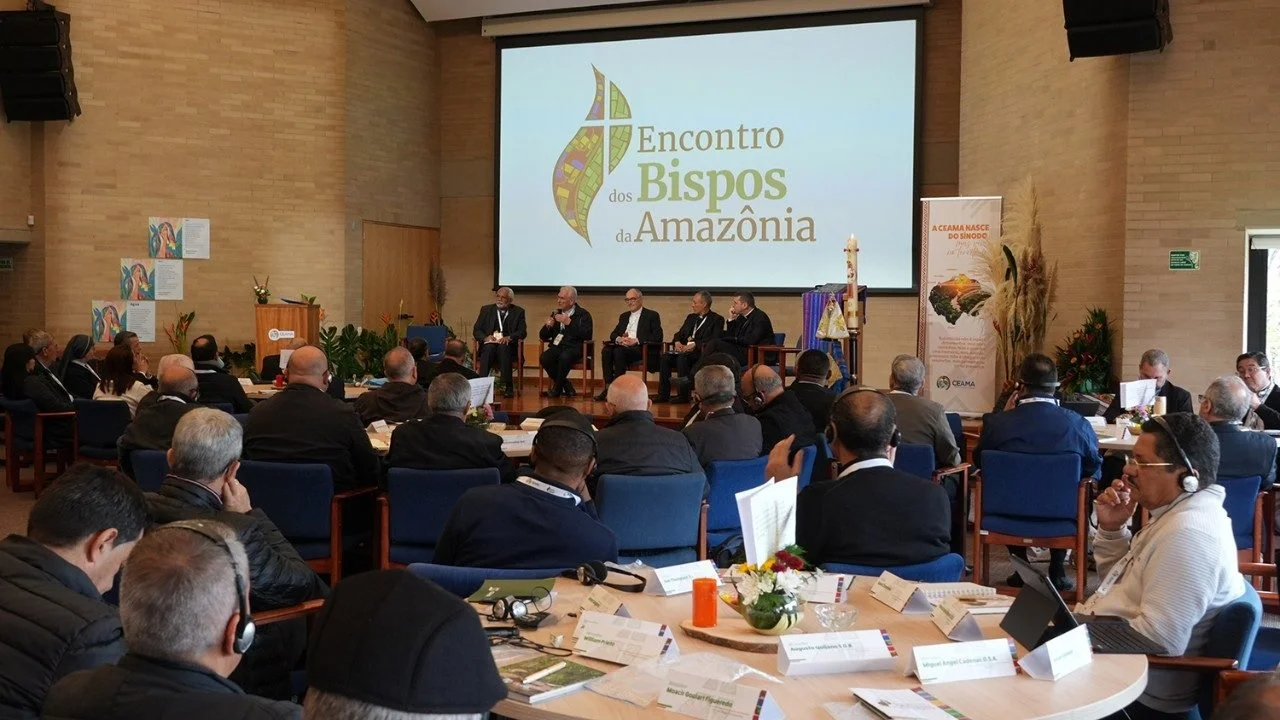(ANALYSIS) In a moment of both theological significance and pastoral clarity, Pope Leo XIV made his most consequential intervention yet on the church’s role in the Amazon.
In an Aug. 18 message, the pope struck a firm tone to 90 South American bishops meeting in Bogota, Colombia — affirming the Catholic Church’s mission and offering a course correction from the recent past.
The pope’s message, signed by Vatican Secretary of State Pietro Parolin, was a mix of commendation and caution. While he praised the bishops for their dedication to evangelization and for their concern for both the people and the ecosystems of the Amazon, Pope Leo XIV also offered a reminder that Christian stewardship of creation must not become a substitute for religion.
READ: Inside Pope Leo XIV’s First 100 Days
“It is necessary that Jesus Christ, in whom all things are encompassed, be announced with clarity and immense charity among the inhabitants of the Amazon,” the pope said, adding that there is a need to “give [believers] the fresh and pure bread of the good news and the heavenly food of the Eucharist, the only means to truly be the people of God and the body of Christ.”
The pope’s message reverberating across the Catholic world and cannot be read in isolation. They harken back to the heated debates surrounding the 2019 Synod of Bishops for the Amazon and the controversial use of the Pachamama statues — an episode that, while not mentioned explicitly — looms over Pope Leo’s message.
At the time, Pope Francis had defended the Pachamama images as symbols of indigenous culture with no idolatrous intent. Critics – some even within the Vatican – said the statement was a step too far.
Six years later, Pope Leo XIV has drawn a theological boundary: Creation is a gift to be cherished; not a deity to be venerated.
The church’s defense of the environment, according to Leo, aims “that no one should irresponsibly destroy the natural goods that speak of the goodness and beauty of the Creator, much less submit to them as a slave or worshipper of nature, since things have been given to us to achieve our end of praising God and thus obtain the salvation of our souls.”
